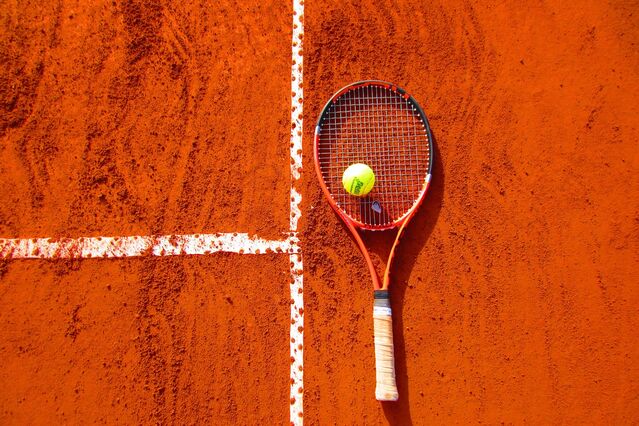Education
How Life Is and Isn’t Like Tennis
Recognizing kind vs. wicked learning environments.
Posted March 8, 2022 Reviewed by Ekua Hagan
Key points
- In games like tennis, we usually learn the right lessons from experience. And what we learn remains relevant.
- In life, there’s no guarantee that we’ll get high-quality feedback on our decisions. Also, rules and objectives tend to be not as stable.
- It's crucial to distinguish between kind and wicked learning environments to improve learning and decisions.
Tennis legend Andre Agassi said: “Advantage, service, fault, break, love—the basic elements of tennis are those of everyday existence because every match is a life in miniature.”
So, would playing tennis make someone a better decision-maker off the court?
In many aspects, possibly yes.
For instance, tennis, like all sports, shows the value of discipline to achieve continuous improvement. It helps discover one’s competitive spirit. It demonstrates that losses and wins depend not only on talent and hard work, but also on experience, confidence, strategy, luck, and mindfulness.
These insights can indeed be useful when building a company, managing a department, selling a product, and negotiating contracts.
But there are crucial limitations. Because tennis is ultimately a game, it has certain advantages over life. It involves, what we call, a kind learning environment.
Tennis, a kind learning environment
In games like tennis, we usually learn the right lessons from experience. And what we learn remains relevant.
First, players receive immediate, abundant, and accurate feedback on all their decisions. And knowledgeable coaches further refine and enrich that feedback. Even if they make mistakes, they have plenty of chances to recognize what’s wrong and correct any errors.
Second, the rules and objectives in tennis are stable. The shape of the ball and the size of the court don’t suddenly change. Gravity operates the same way every day. The lessons a player learns today will be relevant also tomorrow.
Unfortunately, once we step off the court, things get quite complicated.
Life, a wicked learning environment
In most situations, we face in business and social life, there’s no guarantee that we’ll get high-quality feedback on our decisions. Instead, what we receive may be scarce, delayed, incomplete, irrelevant, or even fake. We may not even be able to know which of these we are getting.
Also, rules and objectives in life tend to be not as stable. Things can change suddenly and dramatically—for better or worse—without much warning. As a result, yesterday’s lessons might not serve us well tomorrow.
For our consequential decisions, we sadly can’t really behave as if we’re on a tennis court. We’ll constantly need to question the feedback we receive and, in the meantime, also keep track of how the rules or objectives might be evolving. These are some crucial decision-making muscles that a game like tennis doesn’t necessarily provide, but that we’ll have to build.



